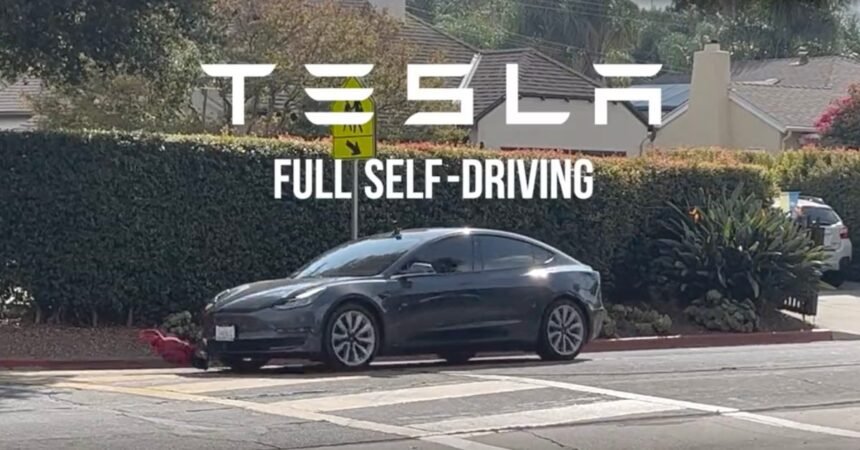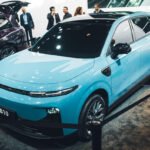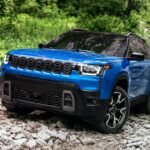A recent ruling by a judge has paved the way for a class-action lawsuit against Tesla, alleging that the company has been misleading customers about its self-driving capabilities for years. This marks the latest in a series of legal actions taken against Tesla regarding its deployment of advanced assisted driving systems, which the automaker has labeled as self-driving.
The floodgates of lawsuits against Tesla were opened earlier this month after the company was found partially liable in a wrongful death case involving Tesla Autopilot. Following this, multiple similar cases have been initiated against Tesla, with a dozen currently in progress.
On one hand, Tesla has been facing legal actions from owners who feel they were misled by the company regarding the capabilities of its vehicles. Tesla had claimed that all vehicles built since 2016 have the hardware capable of achieving “full self-driving,” but it has been selling a software package called “Full Self-Driving” (FSD) that promised unsupervised level 4-5 self-driving, which it has failed to deliver.
Owners of Tesla vehicles equipped with Hardware 3 (HW3) have been attempting to sue Tesla under a class action to seek compensation for the unfulfilled promises. Tesla, however, has been trying to avoid the class action lawsuit by citing its force arbitration clause in sales contracts in the US and asserting that self-driving deployment is subject to validation and regulatory approval.
In a recent development, U.S. District Judge Rita Lin ruled that Tesla’s lack of hardware to achieve the promised level of autonomy and its failure to demonstrate a long-distance autonomous drive justified group lawsuits by two sets of drivers who purchased the FSD package. The judge highlighted that Tesla’s unique advertising strategy warranted a departure from the typical approach to establish class-wide exposure.
The class action has been certified with two subclasses: one covering California residents who purchased FSD packages between October 2016 and May 2017, and the other covering FSD owners who opted out of Tesla’s arbitration agreement between 2017 and mid-2024. In addition to seeking damages for affected Tesla owners, the legal action also aims to obtain an injunction to prevent Tesla from making similar misleading statements about its products in the future.
While this ruling signifies a step in the right direction, some believe it does not go far enough. Tesla’s failure to deliver on its promises and its use of forced arbitration in sales contracts have been criticized. Nonetheless, this ruling could be the beginning of holding Tesla accountable for its actions. With approximately a dozen other lawsuits involving Tesla’s self-driving features currently pending in US courts, the legal battle is far from over. Stay tuned for more updates on this ongoing saga.







